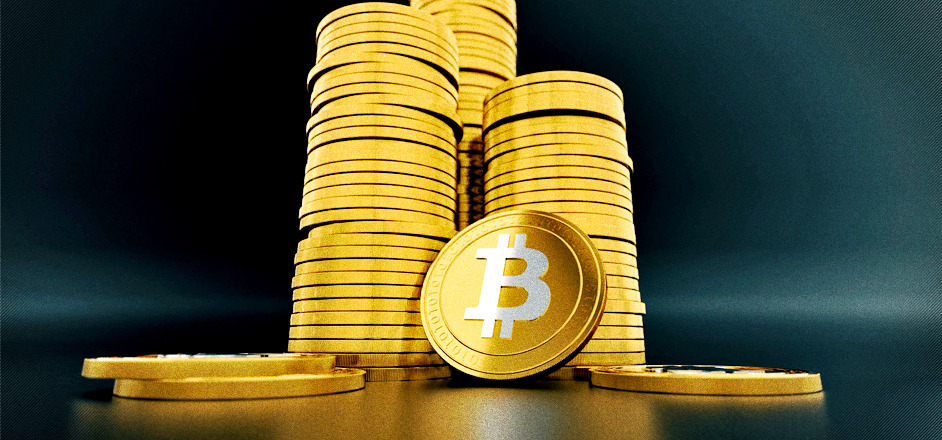Good things come out of k-holes.
It was a ketamine treatment that inspired a secretive multi-millionaire to give a mammoth pile of bitcoins to charity.
The Pineapple Fund made headlines in December after deciding to donate 5,057 bitcoins, worth $86 million when he made the pledge.
The philanthropist behind the fund — who goes by "Pine" — had their life changed by Ketamine, a powerful drug that flourishes at raves, EDM concerts, wook gatherings … and, increasingly, doctor's offices.
"I came up with the idea of the Pineapple Fund while sitting in a medical practice getting ketamine through IV," the philanthropist said in an email to Rooster Magazine. "Ketamine has helped me greatly with my mental health."
Ketamine therapy is legal, and treatments let you fly out of your body to get a perspective on your life.
"I would absolutely describe that experience as life changing … it helped lift a heavy cloud of emotions and my past from overburdening me," Pine wrote us. It helped Pine get motivated.
Given the philanthropist's ketamine inspiration, it makes sense that much of the money is going to outfits working with now-illegal but underrated drugs such as ketamine — the drug info site Erowid, the psychedelic legalization organization Enthea and the Multidisciplinary Association for Psychedelic Studies (MAPS).
Pine is giving most of the money to more conventional nonprofits, from clean water to housing to organ donation. But donations and matching pledges to edgy drug nonprofits could add up to $5.5 million or more.
Pine has done psychedelics, and said the drugs are "incredibly interesting to explore, and have offered me positives like novel ideas and a more positive frame of mind."
Psychedelics such as acid, DMT and magic mushrooms are on the upswing generally. Though they were once called "public enemy number one," because they made hippies quit school, today, they're seen as opportunities. Millennials are doing as many psychedelics as the Sixties generation, and tech entrepreneurs as using LSD and mushrooms to get rich.
Pine gave $250,000 to Erowid, and is offering to match up to $250,000 more. Pine gave $1 million to MAPS, and is pledging to match donations to MAPS up to $4 million until March 10. If $4 million comes in from other donors, and Pine matches it, MAPS will have the money it needs to push through the government's red tape to legalize therapy with MDMA — also known as ecstasy or molly.
MAPS is $8 million short of the $26 million they need for the final phase of the studies needed to legalize MDMA therapy — which the government called a breakthrough. If kind folks and crypto-enthusiasts come through with the $4 million, and Pine matches it dollar-for-dollar, MAPS will have the money it needs, and by 2021 or 2022, doctors should be able to prescribe one of the world's most amazing substances for use in therapy.
MAPS is going full-out to find matching funds, including fundraising dinners in the next few days in Boulder, Fort Collins and Austin.
"Pineapple Fund is about making bold bets into what can have a big impact on the world, and using psychedelics for mental health is something with extremely promising research not matched by funding, partially due to the controversial nature of it," Pine emailed.
"The Pineapple Fund's outstanding generosity exemplifies how the growth of cryptocurrency can be leveraged for profound social change," MAPS head Rick Doblin said in a statement. "The blockchain community is helping to lead the way, not only in decentralized technologies and currencies, but in giving the gift of MDMA-assisted psychotherapy to the world in order to heal trauma and bring greater compassion to psychiatry and medicine."
All of this is complicated by the wildly fluctuating bitcoin prices. The five thousand bitcoins that Pineapple promised to give away in December were then worth $86 million. Today, it's worth only about $54 million. Tomorrow — who knows?



Leave a Reply